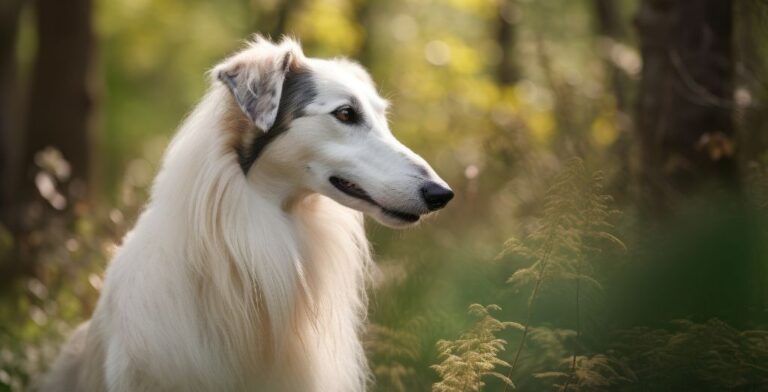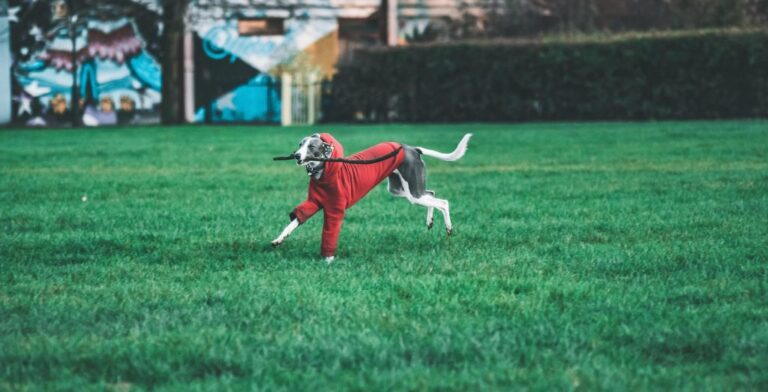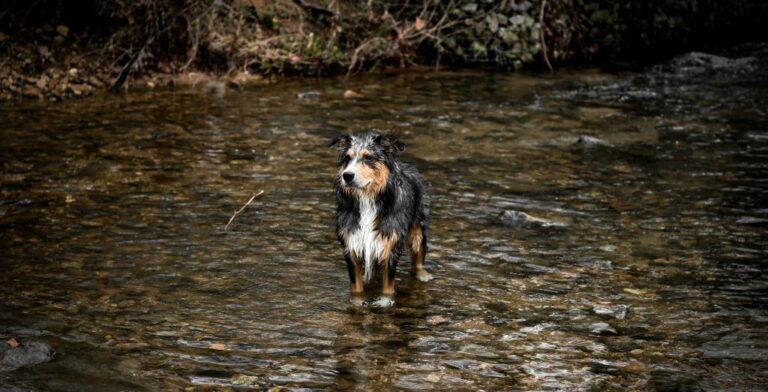Caring for a Maltese Dog: A Comprehensive Guide
Maltese dogs are adored for their luxurious white coats, cheerful personalities, and affectionate nature. These small, elegant dogs make excellent companions and are well-suited for families, singles, or seniors. However, their charm comes with specific care needs, including health monitoring, proper grooming, a balanced diet, and behavioral training. Whether you’re a first-time Maltese owner or a seasoned pet parent, this article will provide valuable insights to help your furry friend live a happy and healthy life.
Caring for a Maltese Dog
Maltese dogs are charming companions known for their elegant white coats and lively personalities. However, these small and affectionate pets require attentive care to thrive. This Maltese health issues, grooming routines, dietary recommendations, and behavior management. By understanding their unique needs, you can ensure a healthy and joyful life for your Maltese.
Maltese Dog Health Issues
A Maltese dog has a life span lasting for about 12 to 15 years. Generally, they are a healthy breed and only a few breed-related health concerns are observed, however, there are a few inherited conditions that pet parents need to be aware about for health management.
Luxating Patella
Luxating patella is a common condition in Maltese dogs where the kneecap dislocates from its normal position. This can cause discomfort and limping, particularly after exercise or sudden movements. Symptoms may range from occasional skipping to difficulty walking. Maintaining a healthy weight reduces stress on their joints, while advanced cases may require surgery. Regular veterinary check-ups are essential to monitor and manage this condition effectively.
Patent Ductus Arteriosus (PDA)
Patent Ductus Arteriosus (PDA) is a congenital heart defect that affects the flow of blood between the heart and lungs. This condition is life-threatening if untreated, but early detection can save your dog’s life. Symptoms include lethargy, difficulty breathing, and poor growth. Treatment typically involves surgical correction, which ensures a normal, healthy lifespan for affected dogs.
Liver Shunts
Liver shunts occur when blood bypasses the liver, preventing proper toxin filtration. This condition often presents with symptoms like vomiting, lack of appetite, and developmental delays. A veterinarian may recommend dietary management, medications, or surgery depending on the severity. Routine blood tests and ultrasounds help in early diagnosis and effective management.
Dental Disease
Dental health is critical for Maltese dogs due to their predisposition to tartar build-up and periodontal disease. Without proper care, dental issues can lead to pain, infections, and even organ damage. Daily brushing with dog-specific toothpaste, dental chews, and professional cleanings are essential parts of their oral hygiene routine.
What To Feed a Maltese Dog

Every Maltese has individual dietary requirements which should guide the choice of food.
The basic rule, however, remains the same: always use quality ingredients when feeding your pet. However, your veterinarian may be consulted about diet. The veterinarian could give advice Saturday if he or she is aware of the dog’s underlying health issues.
The Association of American Feed Control Officials (AAFCO) lays down certain nutritional standards that all dog foods must adhere to. Maltese are even bred specifically for certain types of dog foods; your veterinarian may confirm this:
How To Feed a Maltese Dog
Feeding a Maltese dog requires attention to quality and portion size. Choose premium-quality kibble or wet food designed for small breeds. These foods should contain lean proteins, healthy fats, and essential vitamins. Establish a feeding schedule with set meal times to avoid overfeeding or picky eating habits.
How Much Should You Feed a Maltese Dog?
Portion control is vital for a Maltese’s health. Typically, a Maltese weighing 7 pounds needs about 1/2 to 3/4 cup of dog food daily, divided into two meals. Puppies may require more frequent feeding due to their growth needs. Adjust portions based on age, activity level, and vet recommendations to maintain an ideal weight.
Nutritional Tips for a Maltese Dog
To support their overall health, include omega-3 fatty acids in their diet for a shiny coat and glucosamine to protect their joints. Avoid table scraps and toxic foods like chocolate, onions, and grapes. Providing fresh water at all times is also crucial for hydration and well-being.
Behavior and Training Tips for the Maltese Dog
Maltese Personality and Temperament
Maltese dogs are affectionate, playful, and highly social. They form strong bonds with their families and are happiest when surrounded by loved ones. Despite their small size, they are confident and fearless, making them excellent companions for both children and adults. Their gentle nature also makes them ideal for seniors.
Maltese Behavior
Separation anxiety is a common issue in Maltese dogs due to their strong attachment to their owners. They may become destructive or vocal when left alone for extended periods. Regular interaction, mental stimulation, and gradual training to handle alone time can help manage this behavior. Providing a safe and comforting environment is key to their happiness.
Maltese Training
Training a Maltese requires patience and positive reinforcement. These intelligent dogs respond well to treats, praise, and consistency. Start with basic commands like “sit” and “stay,” and gradually introduce advanced training. Early socialization helps them adapt to various situations, reducing anxiety and unwanted behaviors.
Fun Activities for a Maltese Dog
Maltese dogs enjoy interactive play and light physical activities. Games like fetch or tug-of-war are excellent for bonding and exercise. Puzzle toys and treat-dispensing games keep their minds active and engaged. While they are not highly energetic, daily walks and indoor play sessions help them stay fit and happy. Socializing with other dogs and attending training classes are also enjoyable activities for this lively breed.
Maltese Dog Grooming Guide

The Maltese breed is well known for their white long silky coats that require regular combing to reduce tangles. Their coat may be maintained by well brushing or combing while a towel and water keep their skin and coat fresh.
For those who don’t want to spend so much time grooming, shorter Maltese haircuts are available.
Skin Care
A Maltese dog’s sensitive skin requires regular care to prevent dryness and irritation. Use mild, hypoallergenic shampoos during baths, which should occur every two to three weeks. Avoid overwashing to preserve the skin’s natural oils, and consult your vet if any skin conditions arise.
Coat Care
The Maltese coat is one of their most striking features but requires daily grooming to maintain its silky texture. Use a slicker brush or comb to remove tangles and prevent matting. Regular trims help keep their coat manageable, and a professional groomer can assist with more intricate cuts.
Eye Care
Tear staining is common in Maltese dogs, often leaving brown marks around their eyes. Clean their eyes daily with a damp, lint-free cloth or a vet-recommended eye-cleaning solution. Persistent staining may indicate an underlying health issue, so consult your vet if the problem persists.
Ear Care
Maltese dogs are prone to ear infections due to wax build-up and moisture. Check their ears weekly for redness, odor, or debris. Use a vet-approved ear cleaner to gently clean their ears, ensuring not to push debris further into the canal. Proper ear hygiene reduces the risk of infections.
Dental Care
Oral health is a top priority for Maltese dogs. Brush their teeth daily with dog-friendly toothpaste to prevent plaque and tartar. Provide dental chews and schedule regular professional cleanings with your vet. Healthy teeth contribute to their overall well-being and longevity.
Considerations for Pet Parents
Maltese dogs are perfect for families, singles, or seniors looking for a devoted companion. Their small size makes them well-suited for apartments, but they require daily interaction and care. Be mindful of their delicate nature, particularly around young children or larger pets. Regular veterinary visits, a balanced diet, and proper grooming will keep your Maltese thriving.
FAQs
Do Maltese Shed?
Maltese dogs are considered low-shedding. Unlike breeds with a dense undercoat, Maltese have a single layer of long, silky hair that sheds minimally. Regular grooming and brushing help manage any loose hair, keeping their coat tangle-free and your home clean.
Are Maltese Hypoallergenic?
Yes, Maltese dogs are often described as hypoallergenic due to their minimal shedding and low dander production. While no dog is entirely allergen-free, Maltese are a suitable choice for allergy sufferers. Regular grooming and cleaning can further reduce allergens.
Is a Maltese a Good Family Dog?
Yes, Maltese dogs are excellent family pets. Their affectionate and gentle nature makes them great companions for children and adults alike. They thrive on attention and enjoy being part of family activities. However, their small size requires supervision around young children to avoid accidental injuries.
How Much Does a Maltese Cost?
The cost of a Maltese can vary widely depending on factors such as breeder reputation, pedigree, and location. On average, a Maltese puppy can cost anywhere from $1,000 to $3,000. Adopting from a rescue or shelter is a more affordable option, usually ranging from $300 to $600.










